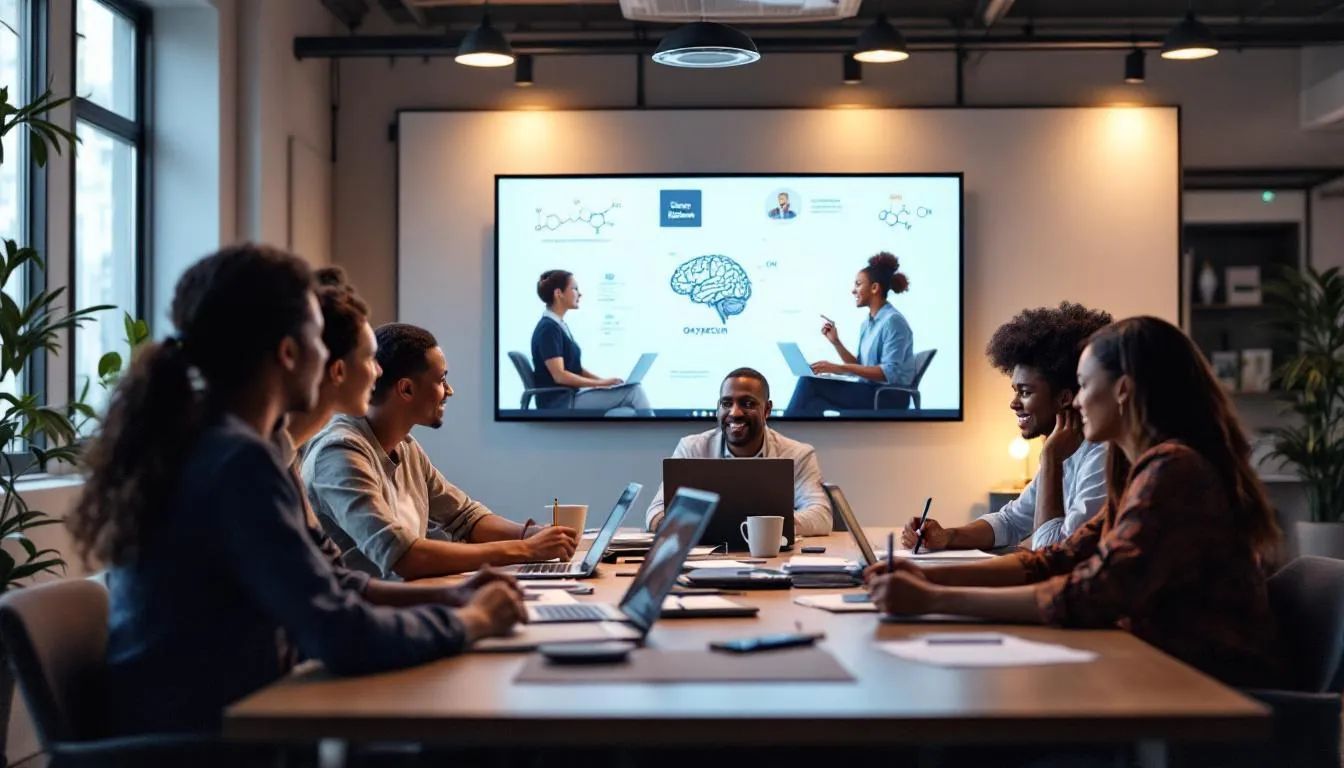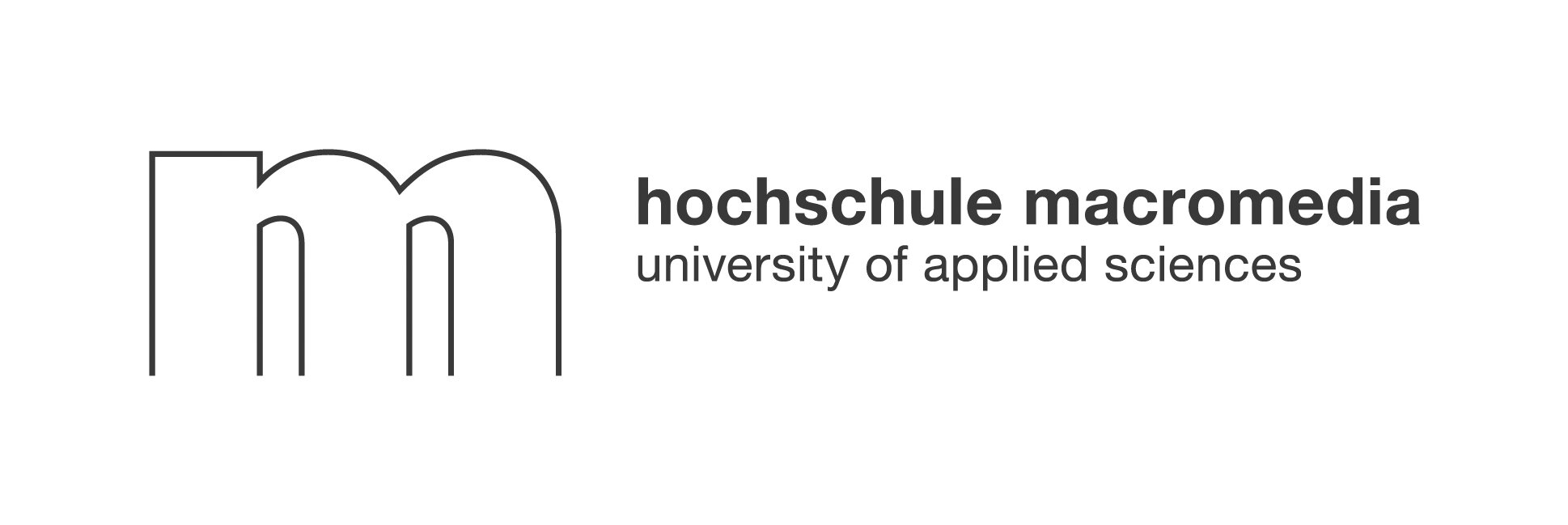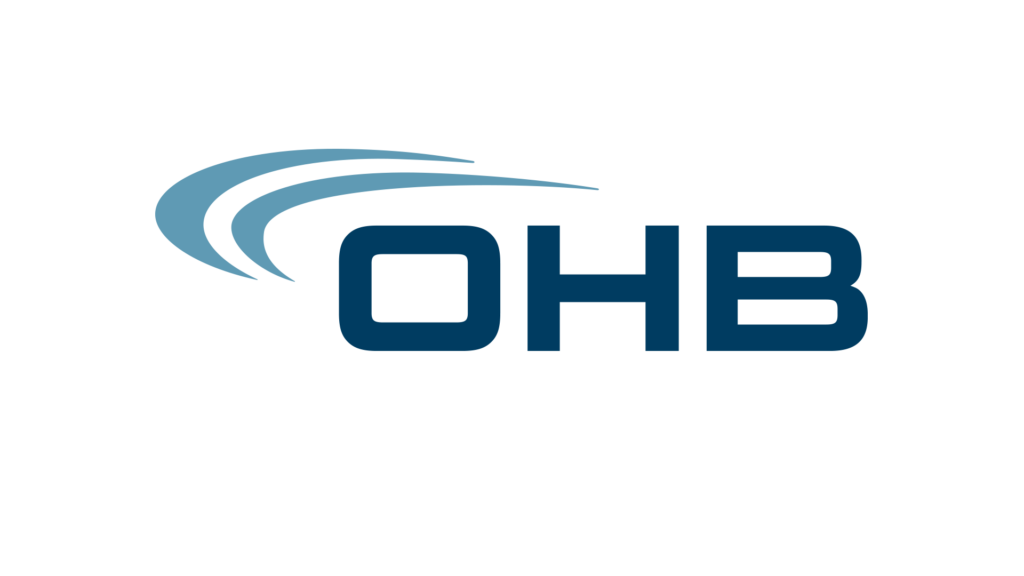Interpersonal relationships in the workplace are the invisible engine behind high-performing, happy teams. But in 2025’s world of hybrid work, digital overload, and shifting expectations, building genuine connections at work is more challenging—and more vital—than ever. Why do some teams feel like close-knit bands while others struggle with awkward silence or forced fun? And how can organizations foster the kind of authentic bonds that drive trust, wellbeing, and collaboration, especially when half the team is remote? This guide unpacks the science, the obstacles, and a bold new approach—powered by AI and pioneered by Neroia—to help every workplace thrive through real human connection.
Why Interpersonal Relationships Matter More Than Ever at Work
Most employees spend more waking hours with colleagues than with their own families. Work isn’t just about tasks; it’s a social ecosystem. Interpersonal relationships in the workplace shape everything from how quickly problems get solved to how supported people feel during tough times.
In today’s hybrid and remote work landscape, the stakes are even higher. The old ways—watercooler chats, after-work drinks, or annual team-building retreats—don’t naturally happen anymore. Yet research confirms that strong workplace relationships:
- Boost engagement and lower turnover
- Enhance innovation and creativity
- Buffer stress and promote wellbeing
A Gallup study found that employees with a “best friend at work” are seven times more likely to be engaged in their jobs. Meanwhile, isolation and weak ties can erode trust, increase burnout, and sap productivity. In short, the quality of interpersonal relationships at work is a direct lever for organizational success.
The Science Behind Workplace Connection
Brain Chemistry and Trust
Humans are wired for connection. When we interact positively with coworkers, our brains release oxytocin—a hormone linked to trust and social bonding. This isn’t just feel-good science: trust is the bedrock of effective collaboration and psychological safety. When trust is high, teams share ideas freely, take smart risks, and recover faster from setbacks.
Psychological Safety as a Performance Driver
Psychological safety means people feel safe to speak up, ask questions, and admit mistakes without fear of embarrassment or retribution. Studies, including Google’s Project Aristotle, show that psychological safety is the top predictor of team performance. It’s built through repeated, positive interpersonal interactions—not through grand gestures, but through everyday moments of listening, empathy, and support.
“Genuine connections among colleagues create a psychologically safe workplace. Individuals feel secure expressing their thoughts without fear of judgment.”
— GetChoys.com
Key Types of Workplace Relationships You’ll Encounter
Interpersonal relationships in the workplace come in many forms, each with its own dynamics and benefits. Understanding these helps organizations tailor their strategies for building strong connections.
Peer-to-Peer Collaboration
These are the everyday relationships between colleagues at similar levels. They’re the backbone of teamwork, knowledge sharing, and informal support. Strong peer relationships are linked to higher job satisfaction and faster problem-solving.
Manager–Employee Dynamics
The relationship between managers and their direct reports shapes motivation, feedback, and growth. High-quality manager-employee relationships drive engagement and help employees feel valued.
Cross-Functional Alliances
Projects often require collaboration across departments. Cross-functional relationships expand networks, break down silos, and fuel innovation by bringing diverse perspectives together.
Remote and Hybrid Connections
Hybrid and remote work models have introduced unique challenges. Physical separation can lead to feelings of isolation or exclusion. Building interpersonal relationships in the workplace now requires intentionality, especially for distributed teams.
Benefits for People and Performance
Why invest in interpersonal relationships in the workplace? The returns are both human and business-focused.
Engagement and Retention Gains
Employees with strong workplace bonds are more engaged and less likely to leave. According to the Society for Human Resource Management, relationships with colleagues are the number one driver of employee engagement.
Innovation and Problem-Solving Boosts
Diverse teams with high trust and open communication are more creative. Sharing ideas in a supportive environment leads to smarter solutions and continuous improvement.
Wellbeing and Stress Buffering
Workplace friendships and support networks reduce stress and help people cope with challenges. Positive relationships at work are linked to better mental health, lower absenteeism, and higher overall life satisfaction.
“Social interactions in the workplace have been found to increase self-reported positive feelings at the end of the workday.”
— PositivePsychology.com
Common Obstacles and How to Overcome Them
Even the best teams encounter obstacles to strong interpersonal relationships in the workplace. Recognizing and addressing these challenges is key to building a thriving culture.
Communication Gaps and Mixed Signals
Remote work, digital tools, and diverse communication styles can easily lead to misunderstandings. Without face-to-face cues, intentions are often misread.
Power Imbalances and Favoritism
Manager-employee relationships can suffer from perceived favoritism or lack of transparency. This erodes trust and can create resentment.
Cultural and Generational Differences
Workplaces are more diverse than ever. Differences in background, age, or values can cause friction if not acknowledged and navigated with empathy.
Common Obstacles Checklist:
- Communication breakdowns (especially in hybrid settings)
- Perceived or real power imbalances
- Cultural, generational, or personality clashes
Practical Strategies to Nurture Strong Bonds Daily
Building robust interpersonal relationships in the workplace isn’t about big, one-off events. It’s about daily habits and micro-moments.
Empathetic Communication Habits
Encourage active listening, open-ended questions, and genuine curiosity about colleagues’ perspectives. Empathy builds bridges and helps resolve conflicts constructively.
Two-Way Feedback Rituals
Regular, honest feedback—both giving and receiving—fosters trust and growth. Make feedback a routine, not a rare event, and focus on behaviors rather than personalities.
Everyday Recognition and Appreciation
Small acts of appreciation, like a thank-you note or public shout-out, go a long way. Recognition reinforces positive behaviors and makes people feel valued.
- Listen actively and avoid multitasking during conversations
- Acknowledge team members’ contributions publicly and privately
Team Activities and Policies That Sustain Healthy Relationships
Intentional activities and policies can help embed strong interpersonal relationships in the workplace, especially in hybrid and remote environments.
Structured Team-Building Experiences
Traditional team-building often falls short—too large, too forced, or disconnected from real interests. Instead, focus on small-group, interest-based activities where authentic interaction can flourish.
Formal Mentorship and Buddy Programs
Pairing new hires with mentors or buddies accelerates onboarding and helps break the ice. These relationships offer support, guidance, and a sense of belonging from day one.
Conflict-Resolution Frameworks
Equip teams with clear processes for addressing disagreements. Encourage open dialogue, mediation, and solution-focused approaches to resolve issues before they escalate.
Sample Team-Building Activities:
- Micro-events like small-group yoga sessions, cycling meetups, or cultural exchanges
- Virtual coffee chats or AI-orchestrated brainstorming sessions
- Peer recognition circles
“Play allows for the opportunity to build those relationships and to build trust. We know it takes a long time to build trust and seconds to destroy it. So one of the ways that you can build it is actually creating these spaces for people to connect and learn more about each other and have fun.”
— Dr. Froswa Booker, TeamBonding Podcast
Why Traditional Initiatives Often Fall Short

Many companies try to boost interpersonal relationships in the workplace with big retreats, mandatory socials, or generic wellness programs. But these can backfire, especially in hybrid setups:
- Forced interactions feel awkward and inauthentic
- Large-group events rarely foster real connection
- Remote and hybrid employees can feel left out or isolated
- Planning and logistics become a headache, leading to low participation
In 2025, employees crave experiences that are relevant, inclusive, and genuinely enjoyable—not another calendar invite to a virtual happy hour with 50 faces on screen.
Neroia’s Transformative Approach: AI-Driven Micro-Events for Real Connection
Neroia is redefining how interpersonal relationships in the workplace are built—especially in the era of hybrid and remote work. Instead of one-size-fits-all activities, Neroia’s platform uses artificial intelligence to curate micro-events: small, interest-based gatherings (typically 3-4 participants) that fit seamlessly into employees’ schedules.
How Neroia’s AI Platform Works
- Personalized Matching: The platform learns employees’ interests, availability, and preferences—always respecting privacy with anonymized data.
- Curated Micro-Events: From yoga sessions and company runs to book clubs and cultural exchanges, Neroia suggests activities that truly resonate.
- Effortless Coordination: AI handles invitations, reminders, and logistics, making participation frictionless.
- Anonymized Analytics: HR and leaders receive insights on engagement and connection trends—without compromising individual privacy.
OHB Pilot Example:
At OHB, Neroia’s AI organized yoga sessions and company runs, matching small groups based on shared interests and time slots. Employees reported feeling more connected and energized, even across hybrid teams. The platform’s chat feature orchestrated coordination, while anonymized analytics helped HR spot engagement patterns and areas for improvement.
Why Micro-Events Work
- Small Groups = Big Impact: Trust and openness grow fastest in intimate settings. Three or four people can share, laugh, and get to know each other without the pressure of a crowd.
- Organic, Not Forced: Employees choose activities they genuinely enjoy, making interactions authentic.
- Inclusive for All: Remote, hybrid, and onsite employees participate equally, breaking down silos and fostering a sense of belonging.
“Neroia’s AI-driven recommendations help employees effortlessly discover authentic connections through shared experiences—no more awkward icebreakers or superficial gatherings.”
Aligning with 2025 Trends: Trust, Collaboration, and Wellbeing
The future of work is human-centric. In 2025, organizations that thrive will be those that:
- Prioritize psychological safety and trust
- Enable flexible, personalized engagement across hybrid teams
- Move beyond surface-level perks to foster deep, meaningful relationships
Neroia’s approach is perfectly aligned with these trends. By leveraging AI to facilitate small-group engagement, Neroia helps companies:
- Break down departmental silos
- Cultivate vibrant, cross-functional connections
- Enhance wellbeing, collaboration, and productivity
The Impact: From Superficial to Sustainable Connections
Traditional large-scale events may create a momentary buzz, but they rarely lead to lasting bonds. In contrast, Neroia’s micro-events build a strong foundation for interpersonal relationships in the workplace by:
- Encouraging regular, low-pressure interactions
- Supporting diverse interests and backgrounds
- Making every employee feel seen and included
Ordered List: How Neroia Transforms Workplace Relationships
- Employees set preferences and availability on the Neroia platform.
- AI matches small groups for interest-based micro-events (e.g., yoga, cycling, cultural exchanges).
- Participants receive seamless invites and reminders—no manual coordination needed.
- Events happen online or in person, making hybrid participation effortless.
- Anonymized analytics provide HR with actionable insights on connection and engagement.
Practical Tips for Leaders and Teams
- Embrace small, frequent gatherings over large, rare events.
- Use technology (like Neroia) to match colleagues based on real interests.
- Encourage leaders to participate in micro-events, modeling openness and curiosity.
- Recognize and celebrate new connections and collaborations that emerge.
Bullet List: Everyday Habits for Stronger Workplace Relationships
- Greet colleagues by name and check in regularly
- Share appreciation for small wins and efforts
- Invite input from quieter team members
- Celebrate team and individual milestones together
Conclusion: Building the Future of Work, One Connection at a Time
Interpersonal relationships in the workplace are the heartbeat of every successful organization. In a world where hybrid work is the norm and traditional team-building often falls flat, companies need a smarter, more human approach. Neroia’s AI-powered micro-events are revolutionizing how employees connect—making it easy, meaningful, and inclusive for everyone.
By focusing on small-group, interest-based interactions, Neroia helps organizations break down barriers, nurture trust, and unlock the full potential of their people. The future isn’t about more meetings or bigger parties; it’s about authentic, everyday connections that make work better for all.
Ready to transform your workplace culture? Discover how Neroia can help your team effortlessly build the interpersonal relationships that drive engagement, wellbeing, and performance—no matter where or how you work.










